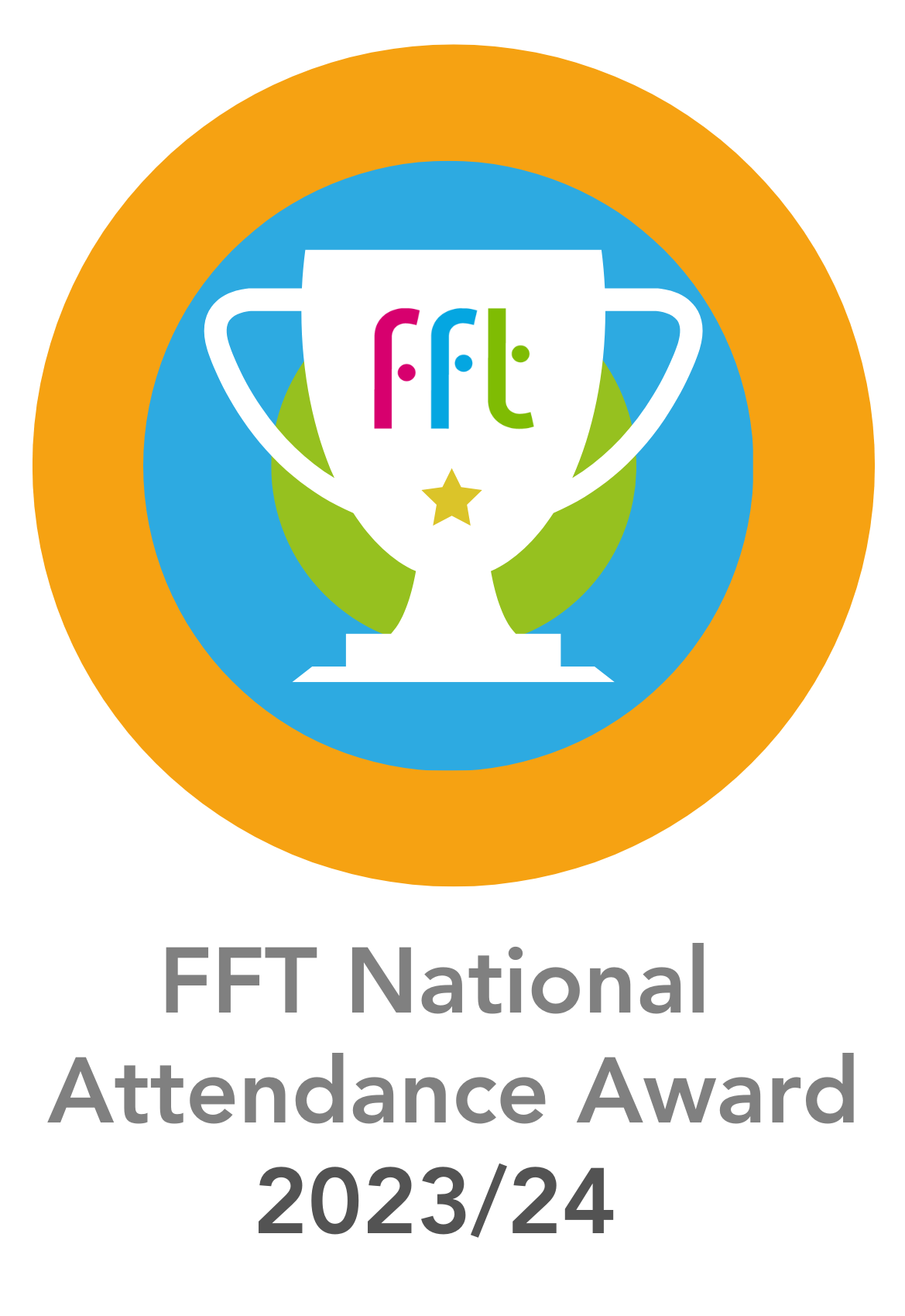Design Technology: Product Design, Textiles & Food
Key Stage 3
Intent:
The study of Design and Technology enables students to mix technological knowledge and practical skills with creativity to design products for human needs.
- They should develop lively, enquiring minds, the ability to question and argue rationally and to apply themselves to tasks and physical skills, both on their own and in groups.
- Students are to be confident and also resilient to overcome problems and safely work in a practical area.
- Students will learn about current technologies whilst also thinking about the impact that future developments will have on our lives.
- Pupils are to have aspirations in the Design and Technology subjects to progress and achieve. Aiming towards further qualifications to set them up for future goals.
Year 7 - At the start of the year pupils will complete a baseline test in order to understand the subjects they will be introduced to during their first year in Design and Technology. During pupil’s time in Year 7 they will experience all areas of DT. The student’s year will be split into three sections to allow them to spend some time in each DT area. Throughout their time in DT students will make a product in textiles and DT and a range of dishes in Food to help give them the basic life skills they need. Students will learn how to confidently and safely use a range of equipment in the food room, textiles room and workshop. These are life skills which are essential for everyday life. Working in a practical environment, students will experience independent work and also group work, which will help develop their confidence and resilience. All 3 subjects will rotate on a 9-week cycle throughout the year.
Year 8 - In Year 8 students will have 2 lessons per week for DT. The first weeks of the school year up to the summer break, Year 8 pupils will complete innovation challenges which build on their independence, imagination and also team-building skills. These link to enhancing pupils' design and create skills and also how to interact within a manufacturing team environment. When Year 8 pupils return in September, they will complete a baseline test to retrieve knowledge from Year 7, and then they will use the 2 lessons to build on their skills from Year 7 or will be supported to understand the topics if new to the school. Throughout the year students will participate in Food, Textiles and Materials. The skills which pupils will learn throughout their time in DT will be essential for real life. In Food, they will use a range of specialist equipment and learn how to make healthy food choices. Students will have a greater understanding of where food comes from and how it is processed within the food industry. During Textiles and the materials they will use a range of mixed materials to research, design and produce a product independently. They will be able to express their own ideas and make their products unique. All 3 subjects will rotate on a 9-week cycle throughout the year.
Year 9 Design & Technology - In Year 9 students can opt to study Design Technology as a pre option and will have two lessons a week. Students will have the opportunity to complete a range of mini-topics and tasks that will strengthen their pre-existing DT knowledge from KS3 and to learn new skills. Students will build upon a range of practical skills and explore the theory within DT. Some areas of the course students will be studying are Workshop Health and Safety, Workshop Skills, A Mini NEA, The Work of Others, Design Development and Drawing Techniques. The design and development section will give students a change to adapt and develop their work and to discover their individual and preferred style. Students will have the opportunity to work with materials in the workshop and modelling tools in the classroom. Students will be taking more responsibility for their learning and will be working independently on a more regular basis during the course to prepare them for the GCSE.
Year 9 Food Nutrition - In Year 9, students can opt to study Food Preparation and Nutrition as a pre-option with 2 lessons per week. Pupils build upon a range of practical skills and explore the science of food in detail. Other areas of the course which students will be studying are Food Nutrition, Food safety, Food choice and Food provenance. Apart from gaining a deeper insight into the knowledge needed for the GCSE course, students will learn a range of skills and techniques during practical food lessons. Students will take a more independent approach to the course and start to adapt and develop recipes themselves. This will give students the opportunity to express their independence and ideas.
Key Stage 4
Design and Technology Materials
Intent: GCSE Design and Technology encourages students to design and make products with creativity and originality, using a range of materials such as paper and card, plastics, textiles, electronics, timber based materials, and ferrous and non-ferrous metals. Students also develop a variety of techniques for working with these materials. The students are assessed by an exam (50%) and a design and make task (50%). This qualification is a two-year course and is offered through the AQA Examination board.
Implementation: In Design and Technology students will have 6 lessons a week in Materials. Year 10 and 11 students focus on a mix of theory lessons and Non-Exam Assessment preparation lessons. Students will cover most of the content for their exam and focus on developing skills for their coursework. Students will complete a practical based task to build knowledge and understanding of tools, equipment and processes in preparation for their real project as well as on going theory-based lessons to fill gaps in technology knowledge. Students start their NEA project in September, aiming to complete their projects at Easter. This allows the students to focus on revision for their upcoming Summer exam.
Food and Nutrition
Intent: GCSE Food Preparation and Nutrition is an exciting and creative course which focuses on practical cooking skills to ensure students develop a thorough understanding of nutrition, food science, food safety, food provenance and food choice. The students are assessed by a written exam (50%) NEA (50%). This qualification is a two-year course and is offered through the AQA Examination board.
Implementation: For GCSE Food Preparation and Nutrition students will have 6 lesson per week for one year. Students will start off with revisiting nutrients and dietary needs to have more of an in-depth understanding so they can apply the information when adapting completing nutritional analysis of their dishes. Students will further their skills form KS3 and will safely complete a range of complex skills using specialist equipment to prepare them for their NEA food preparation task. To gain a deeper understanding of the functional and chemical properties of food for the food science topic students will complete science investigations. Students will then learn about food choice and the moral and ethical reasons behind what people choose to eat and buy. To develop their understanding on food provenance students will learn about global warming and the impact our carbon footprint and the food industry is having on the environment. Finally, students will revisit and revise all topics to prepare them for their final exam.
Please click below to view the full implementation.



